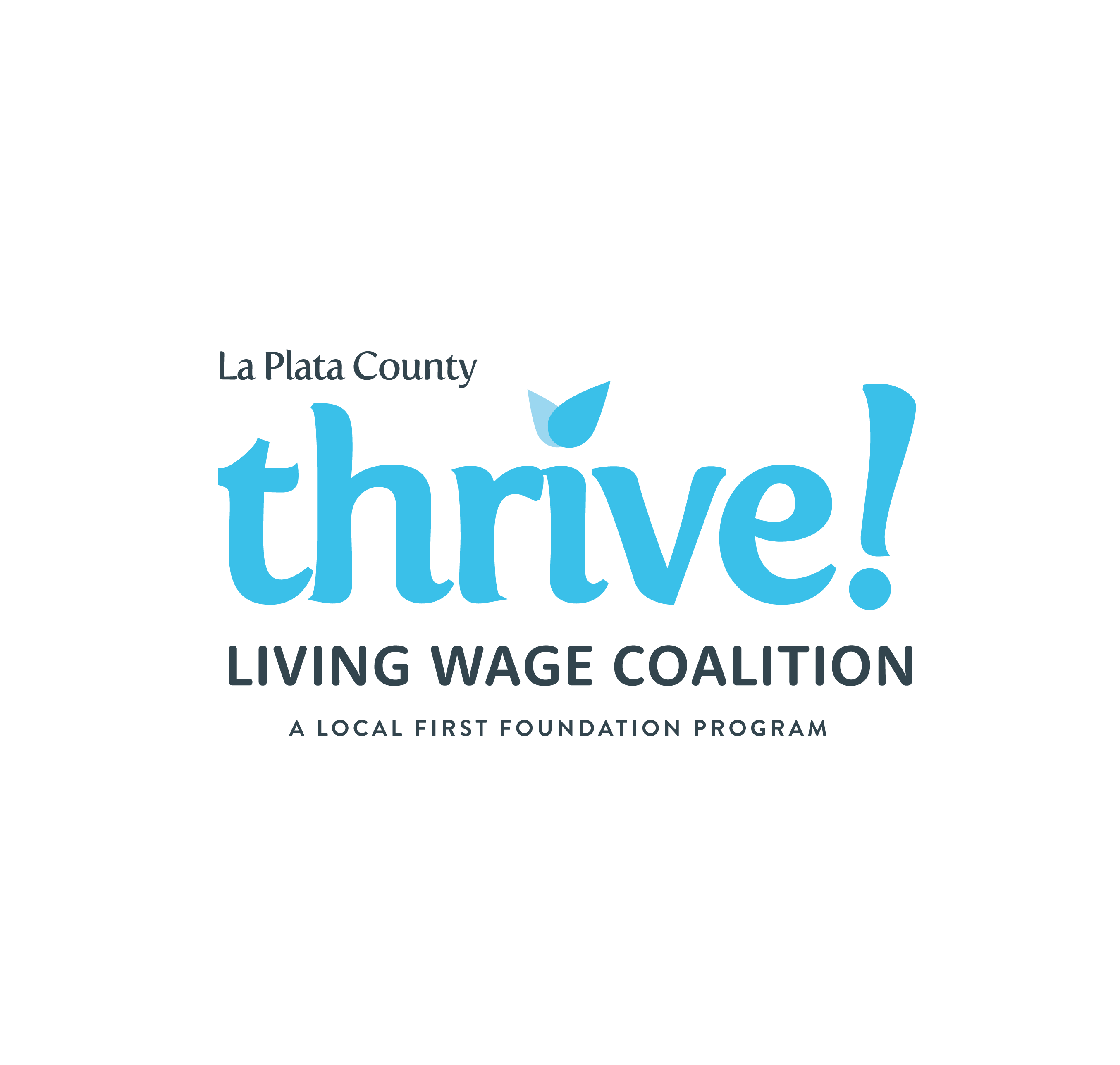
The Complexity of Durango’s Labor Shortage
Earlier this summer, Local First, In The Weeds and Good Business Colorado’s Resilient Restaurant Program convened Durango’s local restaurant owners at Zia Taqueria North to address the largest barrier for their post-pandemic reopening: the labor shortage.
Out of the 18 service businesses in attendance, over 85 open positions were identified, exemplifying a trend across the service industry in La Plata County where hundreds of open positions remain waiting to be filled.
As vaccination rates increase, our local businesses have been eager to reopen and return to some semblance of normalcy. However, many are experiencing record-low application rates for their open positions, despite increased incentives. So, as we gear up for our tourist-driven summer months, many local businesses have been forced to reopen with reduced hours and staff capacity.
While this is an obstacle being faced across all industries nationwide, the inability for our service businesses to sustain a full staff has drastic implications for Durango – a community with the highest restaurants per capita in the nation (the last count was one restaurant for every 99 residents).
UNDERSTANDING THE ISSUE
“In order for our region to effectively adapt to the labor shortage, we must first understand its complexities,” said Emily Bell, managing director of Local First. “While we have begun to see fingers pointed at those utilizing the expanded unemployment benefits instead of returning to work, the core of the issue remains far more intricate.”
One prominent contributor to the labor shortage is Durango’s lack of affordable housing. This reality is impacting skilled workers of every industry and experience level, causing some to move because they cannot find a place to live or they can no longer afford their rent. This can be especially true for those working in the shift economy of hospitality and retail.
Additionally, for almost a year and a half, seasoned service employees were asked to remain working throughout the uncertainty of the pandemic – often without the protection of “essential worker” classification or job security as layoffs and furloughs loomed. This same labor market was required to adapt to understaffed operations through heightened demand and often carried the onus of being the front-line enforcement of contentious public health mandates as they interacted face-to-face with customers and clients.
We are also all too aware that, across the board, our labor pool was challenged to navigate the rising costs of child care and health care, on top of the emotional and physical devastation of the pandemic.
For these reasons, front-line employees, often criticized for contributing to the labor shortage, are experiencing burnout at a heightened rate. Many have decided to take a break from their industry, find relief through expanded unemployment benefits, switch career paths or retire altogether.
It is also important to note that labor trends have identified a steady retreat from demanding work cultures since our workforce experienced a taste of the freelance economy in response to the 2008 recession. The drastic toll of the pandemic, refocused demand for social justice reform and looming climate change have further prioritized the values of work-life balance, mission-driven employment and the security of adaptive and healthy work environments.
On top of these developing dynamics, census population projections have also shown steady population downtrends as we continue to see the lowest birth rates since the 1970s. Pair those numbers with the impact of the pandemic, and you’ll find that our labor pool has been drastically depleted.
WHAT CAN BE DONE
As a community, we have the opportunity to prioritize equitable and supportive work environments to retain our local talent as we strengthen our local economy post-pandemic.
We can do this by exploring comprehensive employee benefits for local businesses (such as shopping for the new, local health care option courtesy of the Local First Foundation); calling on our elected officials and community stakeholders to prioritize workforce housing by protecting our current housing stock, keeping it affordable and finding sustainable solutions for development; helping our businesses restructure their wage models to support our community’s true livable wage; and transitioning to equitable ownership models so our local businesses can continue to open doors for the neighbors that power our local economy.
Local First will continue to collaborate with community stakeholders to further the labor shortage conversation and assist our independent business community with resources that pertain to the unique pain points of their industries. Interested in learning more about our research or sharing your experience? Email info@local-first.com. We also welcome you to view the full debrief and outcomes of the initial ReHire discussion at www.local-first.org/rehire-debrief.
Lauren Haggerty is the Policy & Programs director of Local First. Contact her at lauren@local-first.org.
(This article originally appeared on Saturday, July 10th, 2021 in The Durango Herald. Digital version available here.)







